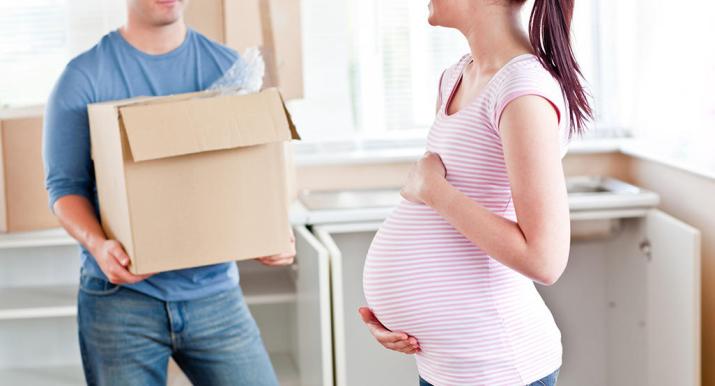
I’m struggling a lot after suffering a miscarriage six months ago. Is it normal to feel this upset so long after it happened?
Thousands of Australian women each year ask themselves a question similar to this after experiencing a miscarriage.
It is perfectly normal for a woman and her loved ones to grieve for a pregnancy loss the same way as they would for the death of a relative or friend.
Pregnancy loss can be devastating. The recovery process can vary, lasting from weeks to years. The amount of time you were pregnant does not necessarily have to correlate with the amount of grief you feel and the amount of time it takes for you to recover. Whether you lost your pregnancy at four weeks or 24 weeks, your pain is completely understandable.
Talk About Miscarriage has put together five tips for women struggling to cope with their miscarriage:
Tip #1: Address your feelings of guilt.
Try to remember that the majority of miscarriages are caused by chromosomal abnormalities — factors that are completely out of you or your partner’s control. Miscarriages are often the body’s natural way of ending an unhealthy pregnancy.
There are many myths surrounding the causes of miscarriage, for example, that lifting heavy objects or going through stressful events such as an argument or a tough day at work, can lead to a miscarriage — but these are simply not true. The truth is, your miscarriage is unlikely to have been something you could have prevented or foreseen.
Tip #2: Talk to your partner.
You and your partner may find it difficult to communicate as you both attempt to come to terms with the miscarriage. It is natural for one or two of you to worry about saying the wrong thing, but it is important to keep the communication channel open and talk to each other about how you’re feeling.
Tip #3: Ask your family and friends for support.
The ’12-week rule’ dictates that expecting parents should not reveal that they are pregnant in the first trimester of pregnancy due to the high risk of a miscarriage occurring. But the high chance of a miscarriage is exactly why you should talk to your family and friends during the early pregnancy stages — to receive the support you need, should anything happen.
In the case that a miscarriage has occurred, there is no shame in asking for the help and emotional support you need. If you have other children to look after but feel you need a break, ask for help at home. Likewise, if you need a shoulder to cry on or just someone to keep your mind off things for the afternoon, your family and friends will be more than happy to be there for you.
Tip #4: Join support networks and seek professional help if needed.
There are a vast array of support services across Australia dedicated to helping women affected by miscarriages.
Sands Australia has a 24-hour national support telephone line that provides a safe place for anyone who wants to talk about their feelings. Callers will be put in direct contact with a trained Volunteer Parent Supporter. One caller says:
“I didn’t know why I dialled the number, I don’t normally like to talk about it… when they answered, I didn’t know what to say, but finding this gentle voice who allowed me to take my time and really listened to me was exactly what I needed. The fact that the person had also been through the same experience was what made a big difference – I really felt they understood.”
For other Sands Australia support services, please visit their website.
Pregnancy Loss Australia is another national support program for bereaved families who offer counselling services and support groups. For more details, visit their support services page.
If you believe you are suffering from depression, seek immediate professional help. The Lifeline telephone number is 13 11 14.
Tip #5: Get the closure you need.
There is no right or wrong path to closure. It is important to not compare. Some families hold small ceremonies to say their goodbyes. Others write farewell letters. Allow yourself to do whatever it takes to get the closure you need, depending on what feels right.
– SN




